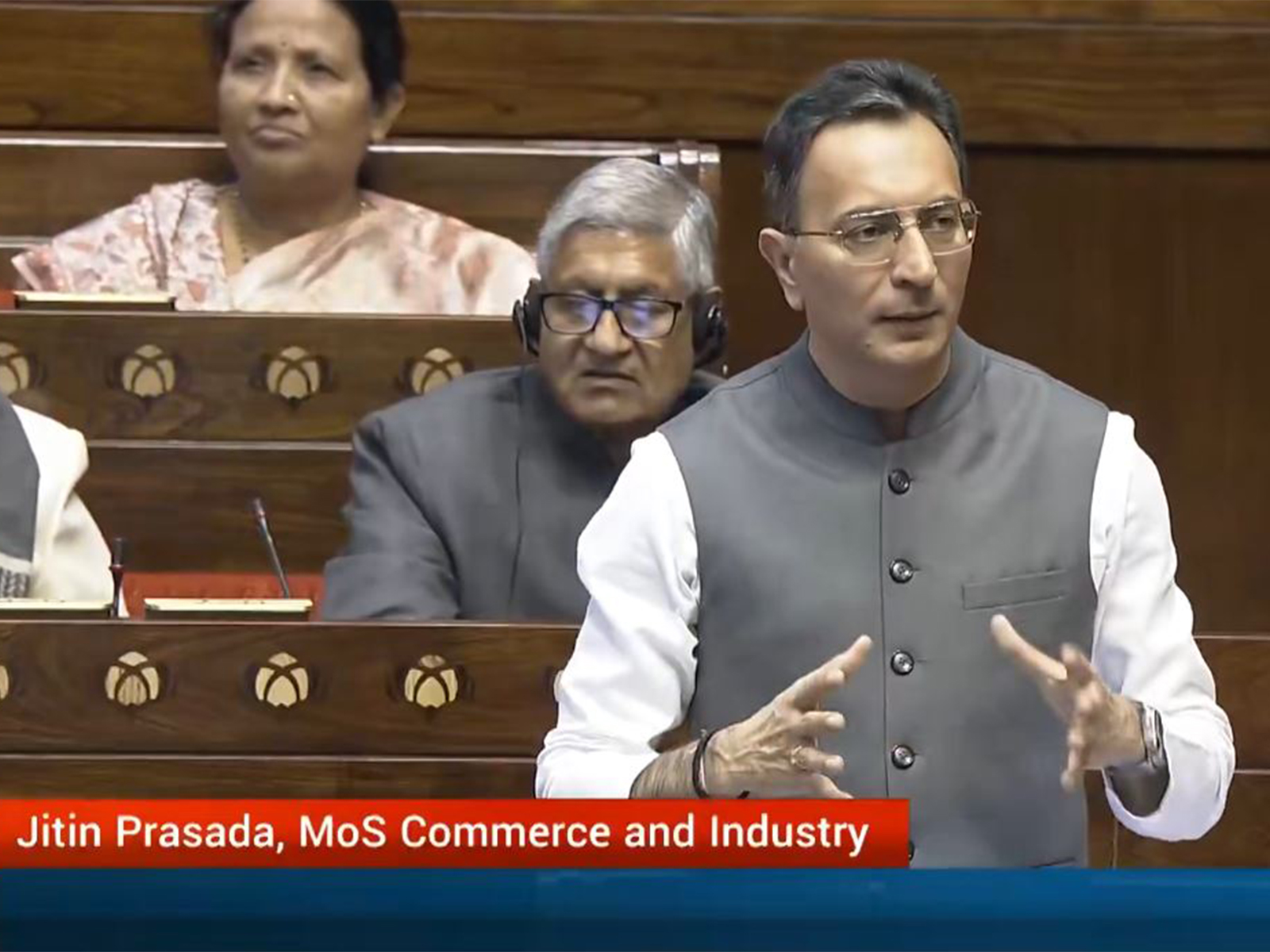Global Recession 2023: Will It Happen?
Jan 11, 2023

New Delhi [India], January 11 (ANI/ATK): There is now almost a general consensus among economists and analysts that a recession could set off at any time. Kristalina Georgieva, the head of the International Money Fund (IMF), has also warned that a third of the global economy will experience a recession this year as the US, China, and Europe witness their economies slowing down. Although the exact duration and severity of the looming contraction remain uncertain, the warning signs are clear.
The Federal Reserve is setting the stage for a global recession in 2023
Different from a balance sheet recession, the current downturn is more of a Fed-induced recession. In simple terms, the Federal Reserve has been stirring this recession by raising interest rates under the weight of rampant inflation since last year.
Note that according to historical precedents, whenever the Federal Reserve raises interest rates in response to surging inflation, the economy struggles and ultimately slumps into a recession.
This is what is happening now. The benchmark rate is expected to reach the 5 per cent-5.5 per cent zone this year, as officials are not ready to rest easy with only meek signs of cooling inflation.
In the recent December meeting, the central bank revised its growth projections downward, anticipating GDP gains of only 0.5 per cent in 2023. Previously, the committee had forecasted 1.2 per cent growth for this year. The Fed also anticipated that unemployment may increase to 4.6 per cent this year, worsening from its December 2022 rate of 3.7 per cent.
That said, although officials haven't explicitly projected a recession, this near-zero growth rate and unemployment scenario clearly point that one is brewing.
Such economic instability is never good news for market players. However, CFD traders may be able to not only weather the storm but also seize the potential under this turbulent situation. It is because contract-for-differences (CFD), offered by many brokerage platforms like
, are financial derivative products that can be traded in both market directions.
A global outlook
According to Jan Hatzius, the Chief Economist at Goldman Sachs, the Eurozone and the UK are already experiencing a recession. Both regions have faced a significant and prolonged rise in household energy costs, which is driving inflation higher than anywhere else. This surging inflation is weighing on real income, consumption, and industrial production, exacerbating the conditions.
There are
this year, well beneath all other G-10 economies. This projection brings the UK much closer to Russia, which is expected to see a 1.3 per cent contraction in 2023 under the backdrop of its conflict in Ukraine and economic sanctions from Western countries.
Due to the harsh energy crisis, Europe also entered 2023 under great economic pressure, as depicted by its two consecutive quarters of GDP decline. On the other hand, China is facing even greater challenges, including the same issues as the Eurozone, as well as a declining real estate market and a resurgence of COVID-19 cases as its economy re-opens.
What major financial institutions are forecasting about an upcoming recession
Several asset management firms and banks have come forward with their predictions about the probability of a recession in 2023.
As per AXA Investment Managers, the Federal Reserve is unlikely to lower rates as quickly as the market currently expects (in the second half of 2023). The cost of this will be a recession in the US in the first three quarters of 2023, which will stimulate a ripple effect over the entire world economy.
Having a similar view, Barclays believes that the aggressive rate hikes of 2022 will begin affecting the world economy this year, potentially pulling the advanced economies into recession. The London-based bank has predicted global growth to stay near 1.7 per cent this year, one of the weakest figures in the past four decades.
Fidelity has a rather strict outlook on the upcoming recession. The financial corporation suggests that a hard landing remains the most likely outcome in 2023 whereby recession is likely in the US and almost certain in Europe and the UK. As liquidity and assets are already facing significant strain, there is a risk that the system could break down. If the Federal Reserve remains on its present strategy and continues tightening until inflation returns to around 2 per cent, the standard recession could become something more severe.
This story has been provided by ATK. ANI will not be responsible in any way for the content of this article. (ANI/ATK)




















